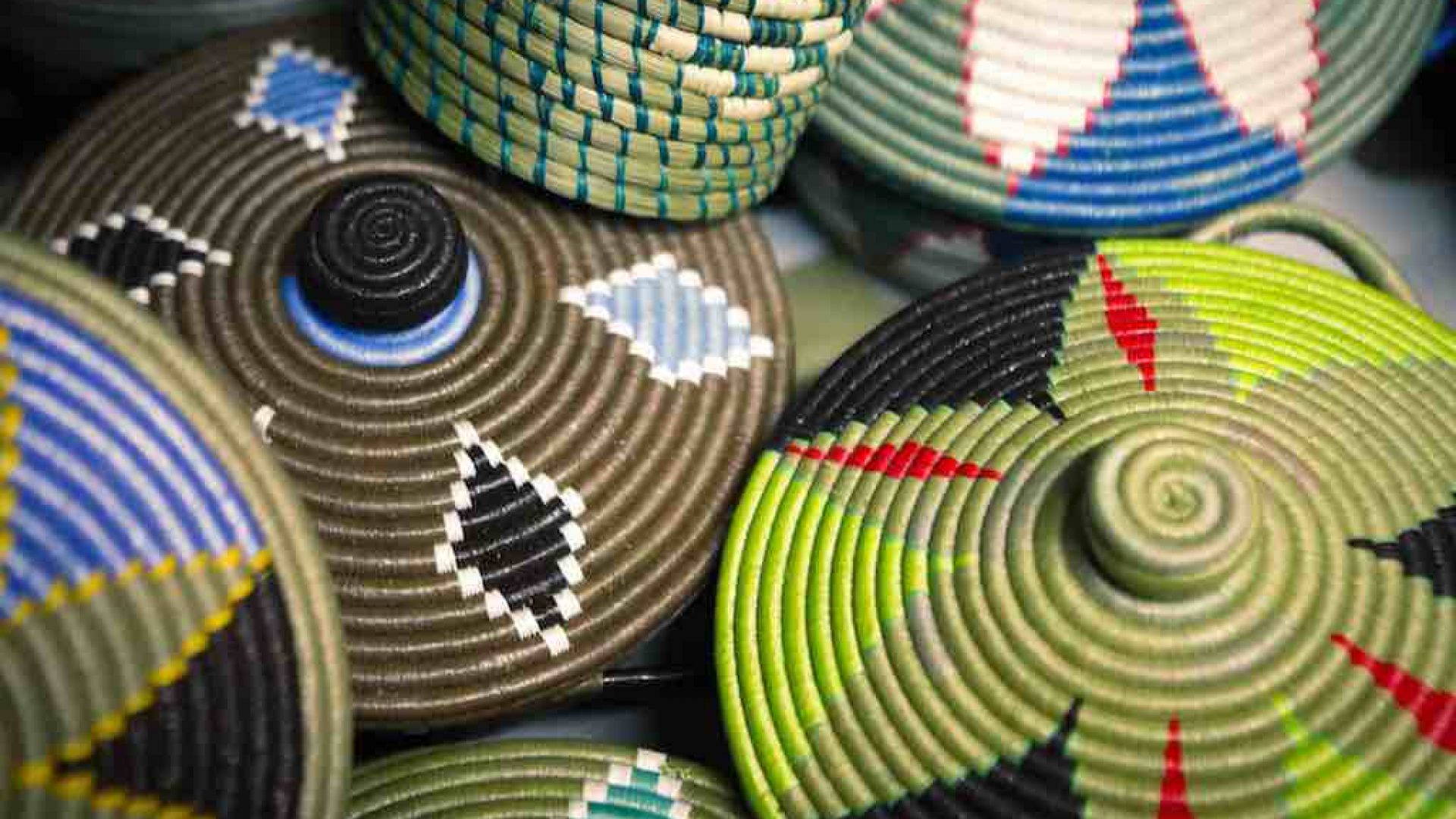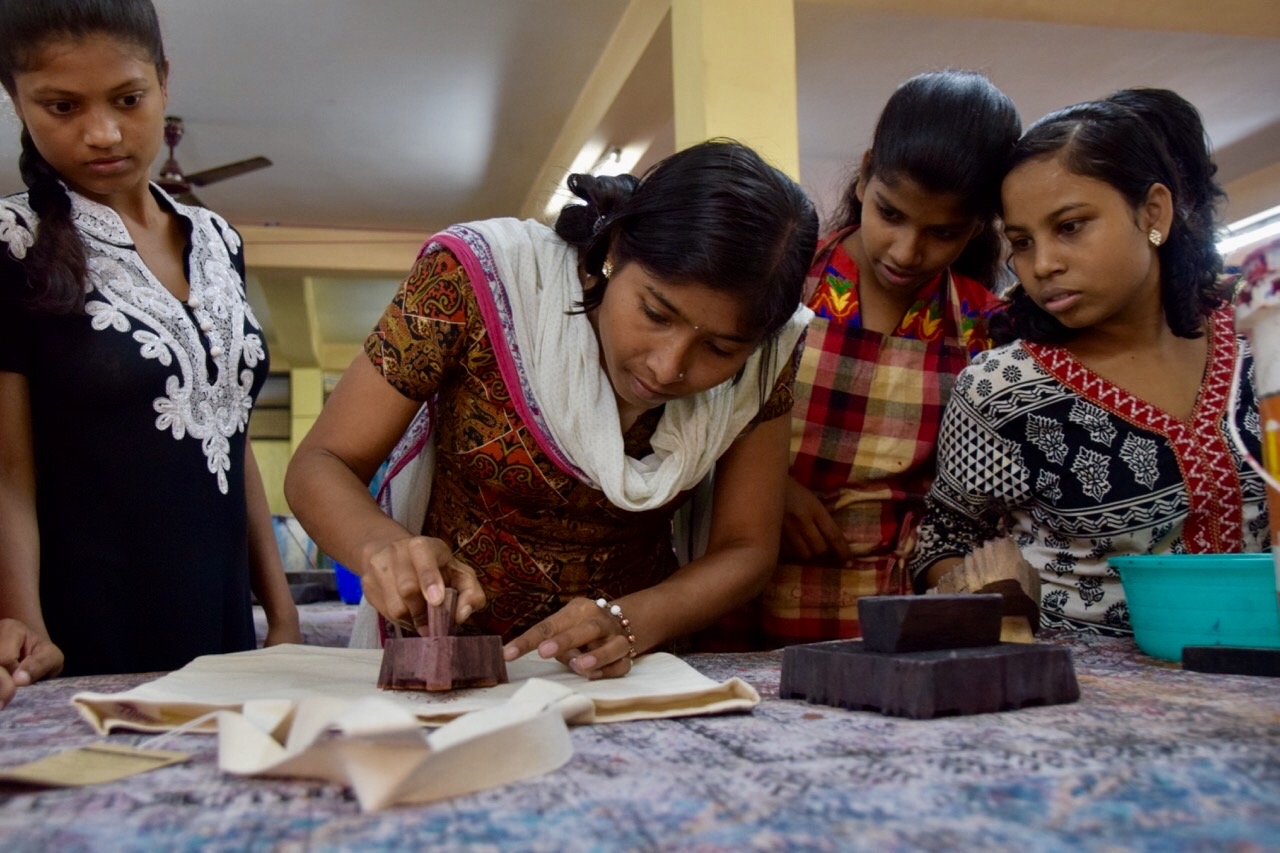Fair trade is a concept that has been circulating in progressive communities for quite some time, but continues to be somewhat elusive in definition and constantly evolving. As the world shrinks, we find ourselves face to face with the realities of the garment industry in the developing world. We are bombarded with stories of buildings collapsing in Bangladesh, workers committing suicide in China, families indentured to factories for generations in India, and children never stepping away from the loom long enough to be educated in Peru. Every day, the need for fair trade becomes more and more apparent.
When I close my eyes and think of fair trade, I am immediately taken back to a small village in Kenya where I watch women weaving intricate reed baskets, and men carving smooth soapstone statues. I daydream about Guatemalan women hard at work on their looms…bright colors pulling me in. I envision ladies in India sewing brass bells onto the ends of everything from handbags to scarves to jewelry, so that no matter what, it jingles! Imagine Kitenge cloth from East Africa, raw silk from Cambodia, organic cotton from India, and traditional weaving patterns from Latin America jumping into our wardrobes and brightening our days. That is the true essence of fair trade, and there are many great organizations working hard to support artisans and happily adhering to the below mentioned principles of fair trade:
- A respectful relationship exists between producers and buyers.
- The organization provides a fair, living wage for marginalized communities.
- The product line preserves and values local heritage and cultural traditions.
- Emphasis is placed on the conservation of the environment.
- The working relationship empowers women and minorities and provides for gender equality in respect to wages and working conditions.
- It is anti-child labor and instead values educating the younger generations.
- Platforms are provided to allow the voiceless to be heard to demand equal rights worldwide.
- A healthy, safe working environment is provided for artisans and their families.
- The organization focuses on developing communities to be self-sustaining.
- An understanding of a long-term vision of working together and uplifting each other is clearly stated.
Some of the most impressive fair trade organizations I have encountered abroad respect their artisans, create unique handcrafted products utilizing local materials and incorporating traditional culture, and work to improve the overall quality of life for the communities in which they work. These include Sora Nomad by The Village Experience (India), Amani Ya Juu (Kenya), Kazuri Beads (Kenya), Heshima (Kenya), and Fair Trade Egypt.
The next time you are shopping, think about the purchases you are making and the chain of production that leads to the actual artisan. If you can envision this beautiful, hardworking soul, you can connect to their plight and better understand the true importance of supporting fair trade.
Support fair trade. Support artisans. Support humanity.



